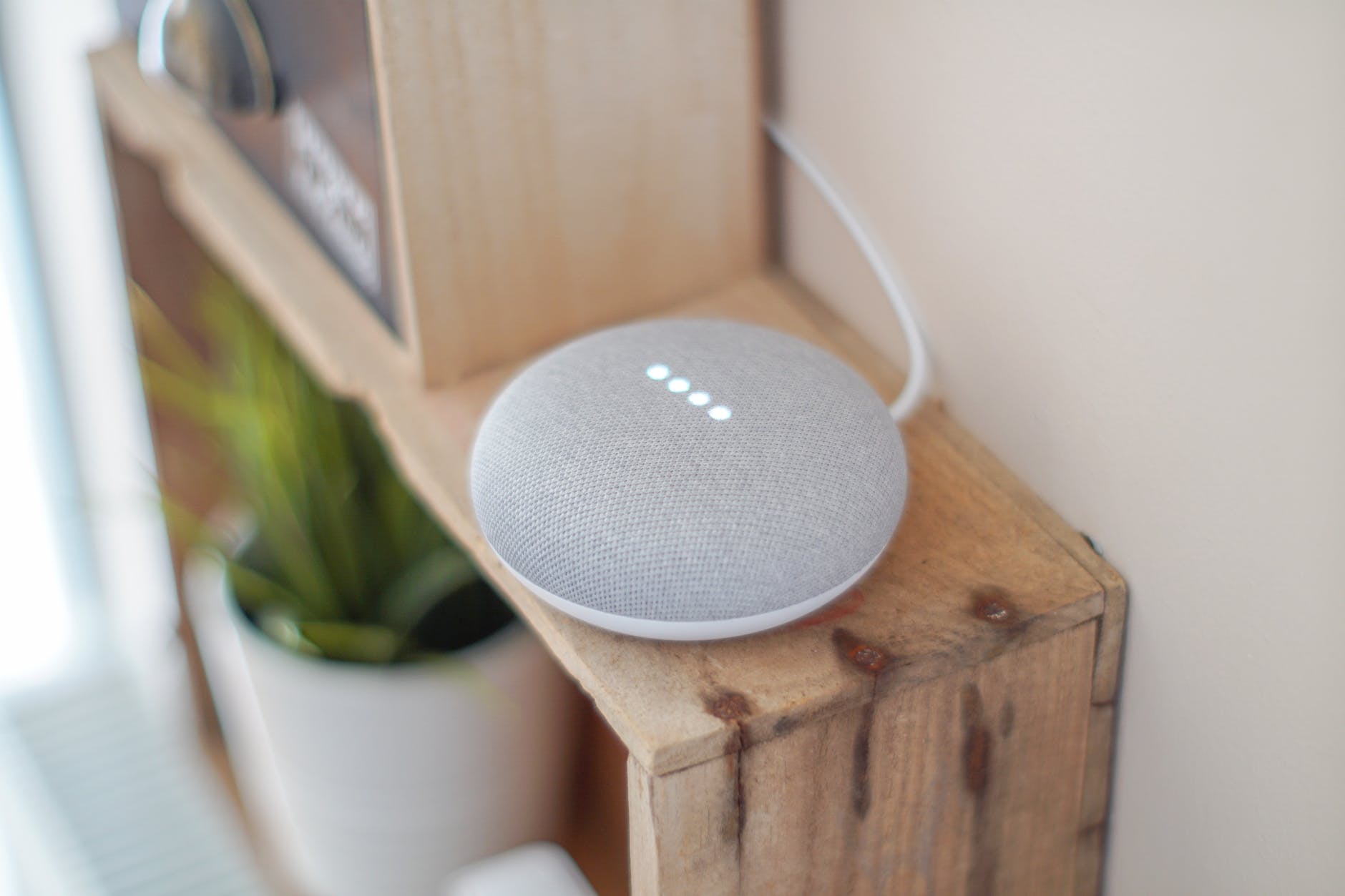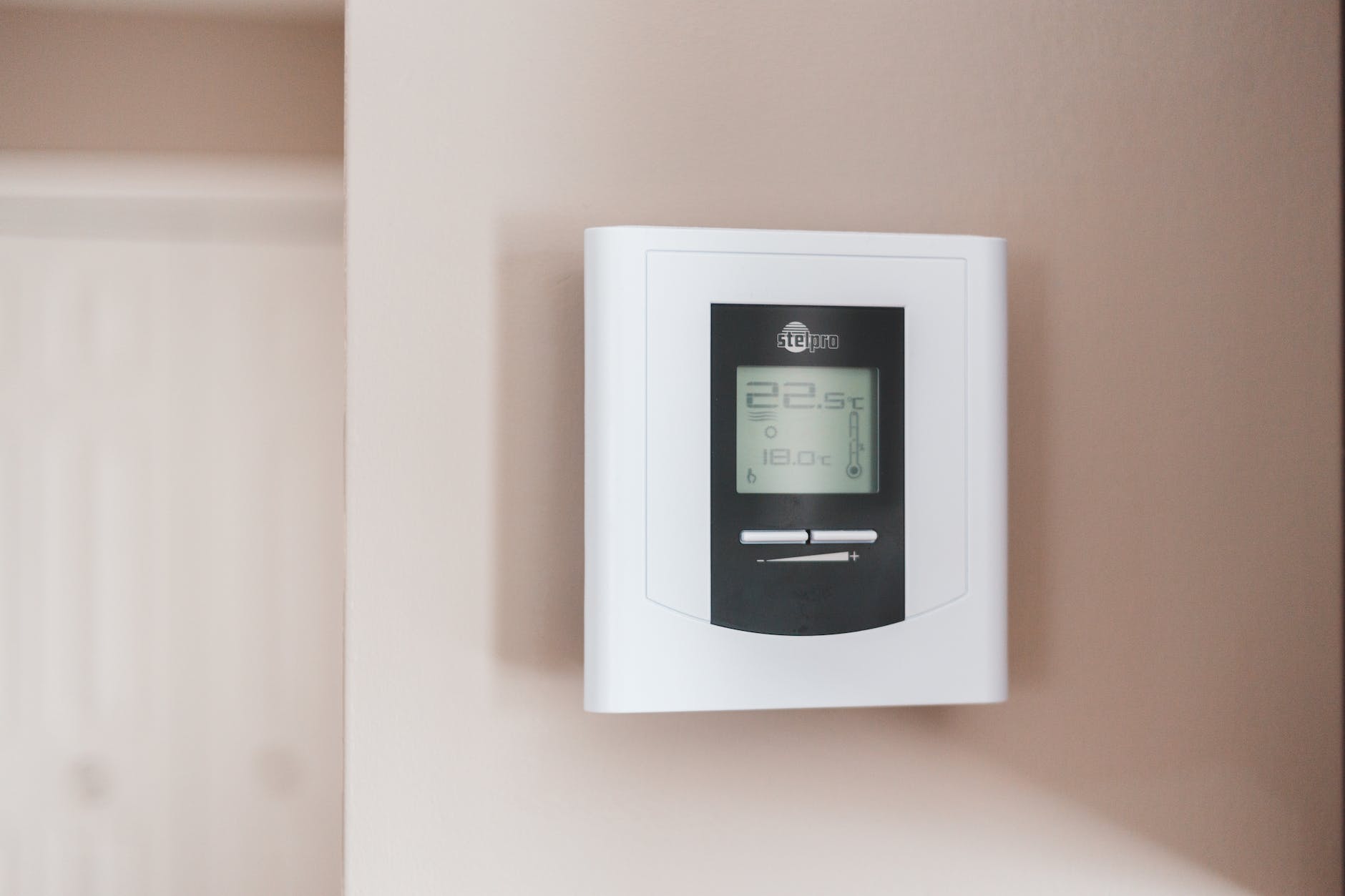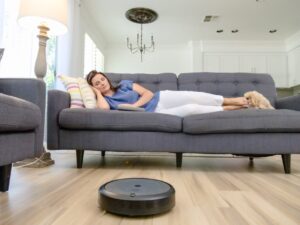
Future Smart Home Technology Trends to Watch Out For
Future Smart Home Technology Trends
In recent years, the future smart home technology trends have become increasingly popular. As more people are looking to make their homes more convenient, efficient, and secure. From video doorbell and voice-activated assistants to connected appliances and smart locks.
There’s no shortage of smart devices available to help simplify our lives. But what does the future of smart home technology hold? In this article, we’ll explore the latest trends in the smart tech niche and what to expect in the years to come. They can be found each year at CES (Consumer electronics Show).

The Rise of Voice-Activated Assistants
Voice-activated assistants like Amazon Alexa and Google Home have already made their mark on the smart home industry, and their popularity continues to rise. These devices allow homeowners to control their connected devices through voice commands. Making it easier to manage everything from lighting to entertainment systems without ever having to leave the couch.
As voice technology becomes more advanced, we can expect to see even more capabilities added to these devices. For example, they may be able to recognize different voices and personalize their responses accordingly. They may also be able to predict what we need before we even ask, making our homes even more intuitive and efficient.

The Integration of AI and Machine Learning
Artificial intelligence (AI) and machine learning are already being used in a variety of industries, and smart home technology is no exception. These technologies can help make our homes more personalized and efficient by learning our habits and preferences over time.
For example, AI-powered thermostats can learn when we prefer certain temperatures and adjust the settings accordingly. Smart lighting systems can also learn our daily routines and adjust the lighting accordingly, helping to save energy and improve our overall comfort.
As AI and machine learning continue to evolve, we can expect even more advanced capabilities to be added to our smart home devices. These technologies may be able to predict our needs before we even realize them. Making our homes even more intuitive and personalized.
Internet of Things iot
The Internet of Things (IoT) has revolutionized the way we interact with our homes. Connected devices such as smart locks, security cameras, and sensors can all be controlled through our smartphones or virtual assistants.
As IoT technology continues to develop, we can expect even more connected devices to be introduced into our homes. Smart appliances such as refrigerators and washing machines will be able to communicate with each other, helping us to save time and energy.

The Growing Importance of Security and Privacy
As smart home technology becomes more prevalent, the issue of security and privacy becomes increasingly important. Smart devices can collect a lot of personal information, and it’s important to ensure that this data is protected.
To address these concerns, we can expect to see more advanced security features added to smart home devices. For example, biometric authentication may be used to ensure that only authorized users can access certain devices. We may also see increased use of encryption to protect sensitive data.
Additionally, regulations and standards are likely to become more important in the smart home industry. As more consumers become aware of the potential security and privacy risks associated with smart devices. They will be more likely to demand stronger protections.
The Growth of the Smart Home Ecosystem
One of the biggest trends in the smart home industry is the growth of the smart home ecosystem. This refers to the interconnected network of smart devices in a home, all working together to provide a seamless experience.
As more smart devices are developed, we can expect to see an increasing number of companies working to create compatible products. This will make it easier for homeowners to add new devices to their smart home network. Without worrying about compatibility issues.
Additionally, we can expect to see more companies offering complete smart home solutions, rather than just individual products. These solutions may include everything from smart lighting and security systems to voice assistants and home entertainment systems.

Smart Thermostats
Thermostats are one of the most popular trends in smart home technology. They can learn your behaviors and preferences, and automatically adjust the temperature to save energy when you’re away or asleep. You can also control them remotely using a smartphone app or voice commands with Amazon Alexa or Google Assistant.
Heating
Smart home technology has revolutionized the way we control our homes. One of the key trends in future smart home technology is heating. Smart thermostats have been around for a while, but new developments are making them even more intelligent. For example, some thermostats can now learn your habits and preferences, automatically adjusting the temperature to ensure maximum comfort and energy efficiency.
Home Automation
Home automation is one of the biggest trends in smart home technology. With home automation, you can control everything from your lights to your thermostat with just a few taps on your smartphone. Automated systems can also help you save energy and money by turning off lights and appliances when they’re not needed.
Additionally, home automation provides enhanced security features like remote monitoring of your home’s security cameras and alerts for unusual activity. As the technology continues to advance, we can expect even more innovative solutions to make our homes smarter and more efficient than ever before.

Smart Kitchen Appliances
Smart Kitchen Appliances are one of the most exciting trends in future smart home technology. These appliances offer a range of features that make cooking and food preparation more convenient and efficient. Smart ovens and microwaves can be controlled remotely, allowing you to preheat your oven or start cooking a meal from your smartphone.
Smart refrigerators can track expiry dates of food items, generate grocery lists, and even suggest recipes based on the ingredients you have on hand. With the integration of IoT (internet of things) technology, smart kitchen appliances are becoming more accessible and affordable for homeowners who want to upgrade their homes with the latest tech.

Wireless Cleaning Gadgets
The rise of wireless cleaning gadgets is transforming the way we clean our homes. Gone are the days of dragging around a heavy vacuum cleaner or scrubbing the floors on your hands and knees. Today, smart robot vacuums and mops are available to do the work for you.
These devices use sensors and AI technology to navigate your home and clean every nook and cranny, while you sit back and relax. Some models can even be controlled through voice commands, making them an ideal addition to any smart home ecosystem.
Health and Wellness
One of the key trends in future smart home technology is the integration of health and wellness features. With the increasing importance of self-care, smart homes will be equipped with devices like air purifiers, water filtration systems, and personalized lighting to promote a healthy lifestyle.
These features are designed to help users create a comfortable and healthy living environment that supports both physical and mental wellbeing. In addition, smart homes will also offer remote monitoring capabilities for older or sick family members, allowing caregivers to keep an eye on their loved ones’ health from a distance.

Smart Home wi-fi Connectivity
Connectivity means that you will be able to control all aspects of your home. From a single device, whether it be a smartphone, tablet or smart speaker. Smart Home Connectivity will allow homeowners to automate everyday tasks like turning on lights, adjusting the temperature, locking doors and windows, and even making coffee. This trend is set to revolutionize the way we live our daily lives and make our homes more efficient and comfortable than ever before.
Google Home wifi hub
Google Home is one of the latest smart home technologies that have been gaining popularity in recent times. The Google Home device allows you to control your smart home devices, play music, check the weather, and set reminders using just your voice.
It works with a range of smart home devices like smart lights, thermostats, cameras and doorbells. Google Home can also connect with other Google services like Google Maps and Google Calendar to enhance the overall user experience.
Amazon Echo Studio
The Amazon Echo Studio is one of the most popular smart home technology trends for the future. This device offers high-quality sound and an immersive audio experience, making it perfect for music lovers. It also has voice control capabilities, allowing users to easily control other smart devices in their homes.
With built-in Alexa, the Echo Studio can answer questions, play music, and provide information with just a simple command. This device is set to revolutionize the way we interact with our homes and bring us one step closer to a fully integrated smart home experience.
Related Articles
- Smart Device Integration
- Smart Watches
- Smart Self Driving Cars
What can I do with my new smart device, and how will it benefit me?
The benefits of having a smart device are many – it can save you time, enhance your entertainment experience, and make your life more convenient overall. With the right setup, your smart device can help you be more productive at work and at home.
What is the best device for a smart home?
Some popular devices for smart homes include smart speakers like Amazon Echo or Google Home, smart thermostats like Nest or Ecobee, smart locks like August Smart Lock or Schlage Encode, and smart lighting systems like Philips Hue or LIFX.
What is the future development of smart home?
The future development of smart homes is exciting and promising. With advancements in technology, we can expect to see even more integration between devices and systems within the home, making it easier for homeowners to control and automate various aspects of their lives. Some potential developments include:
1. Increased voice command functionality: We can expect voice assistants like Amazon’s Alexa and Google Assistant to become even more integrated into our homes. Allowing us to control everything from our lights to our appliances with simple voice commands.
2. More personalized automation: As smart home systems become more sophisticated, they will be able to learn our individual preferences and behaviors. Allowing for more personalized automation of tasks such as adjusting the thermostat or lighting.
3. Greater energy efficiency: Smart home systems will continue to help homeowners save energy and money by optimizing heating and cooling systems, lighting, and other appliances based on usage patterns.
4. Improved security: Smart home security systems will become even more advanced, with features like facial recognition technology and biometric authentication becoming more commonplace.
Conclusion
As smart home technology continues to evolve, we can expect to see even more advanced capabilities and features added to our devices. From voice-activated assistants to AI-powered thermostats and smart security systems, the possibilities are endless.
However, as the industry grows, it’s important to be mindful of the potential security and privacy risks associated with smart devices. By demanding stronger protections and choosing products from reputable companies, we can help ensure that our personal data remains secure.
Check out our other articles on Truly Galactic.

